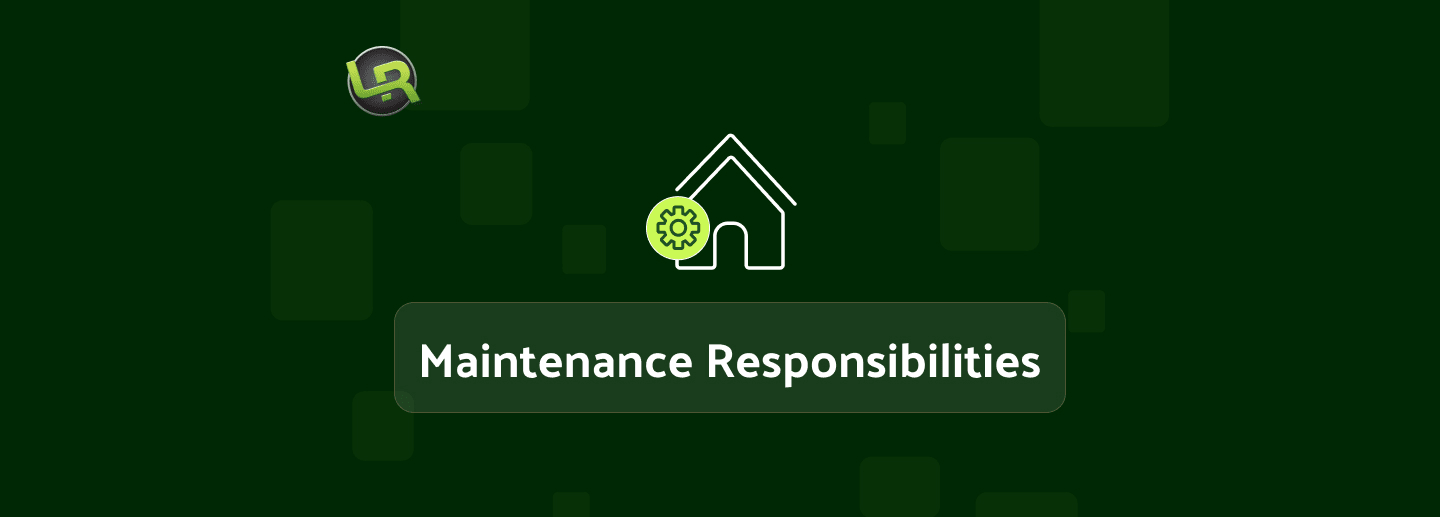Every landlord has some baseline responsibilities when it comes to maintaining their rental property, first and foremost being that the unit is fit for human habitation. In addition, any common areas that substantially limits the tenant’s use of the premises can render the unit uninhabitable, but that would be rare. In order to comply with Virginia law the landlord must:
- comply with the requirements of applicable building and housing codes materially affecting health and safety;
- make all repairs and do whatever is necessary to put and keep the premises in a fit and habitable condition;
- keep all common areas shared by two or more dwelling units in a clean and structurally safe condition;
- maintain in good and safe working order and condition all electrical, plumbing, sanitary, heating, ventilating, air-conditioning and other facilities and appliances, including elevators;
- maintain the premises so as to prevent the accumulation of moisture and the growth of mold, and to promptly respond to any notices from Tenant as provided in Code § 55-248.16;
- provide and maintain appropriate receptacles and conveniences, in common areas, for the collection, storage, and removal of ashes, garbage, rubbish and other waste incidental to the occupancy of two or more dwelling units and arrange for the removal of same;
- supply running water and reasonable amounts of hot water at all times and reasonable air conditioning if provided and heat in season except where the dwelling unit is so constructed that heat, air conditioning or hot water is generated by an installation within the exclusive control of the tenant or supplied by a direct public utility connection; and
- maintain any carbon monoxide alarm that has been installed by the landlord in the premises.
The tenant also has some responsibilities which to most people are obvious but should be specifically addressed in the rental agreement. Virginia Code § 55-248.16states that the tenant must:
- comply with all obligations primarily imposed upon tenants by building and housing codes materially affecting health and safety;
- keep the premises as clean and safe as possible;
- keep the premises free from insects and pests, and promptly notify the landlord of the existence of any insects or pests;
- remove from the premises all ashes, garbage, rubbish and other waste in a clean and safe manner and in the appropriate receptacles provided by the the landlord;
- keep all plumbing fixtures as clean as their condition permits;
- use in a reasonable manner all utilities and all electrical, plumbing, sanitary, heating, ventilating, air-conditioning and other facilities and appliances including elevators, and keep all utility services paid for by the tenant on at all times during the term of the agreement term;
- not deliberately or negligently destroy, deface, damage, impair or remove any part of the premises or permit any person to do so whether known by the tenant or not;
- not remove or tamper with a properly functioning smoke detector installed by the landlord, so as to render the detector inoperative;
- not remove or tamper with a properly functioning carbon monoxide detector installed by the landlord;
- maintain the premises so as to prevent accumulation of moisture and the growth of mold, and to promptly notify the Landlord of any moisture accumulation that occurs or of any visible evidence of mold;
- not paint or disturb painted surfaces or make alterations in the dwelling unit without the prior written approval of Landlord provided;
- be responsible for tenant’s conduct and the conduct of other persons on the premises with tenant’s consent whether known by tenant or not, to ensure that tenant’s neighbors’ peaceful enjoyment of the premises will not be disturbed; and
- abide by all reasonable rules and regulations imposed by the landlord pursuant to Code § 55-248.17.
Landlord's Remedies
Should the tenant violate any of the provisions for maintenance the landlord has some stated remedies, according to Virginia Code § 55-248.32. If the tenant’s violation materially affects health and safety and can be remedied by repair, replacement of a damaged item or cleaning, then the landlord must first send a written notice to the tenant specifying the breach and stating that the landlord will perform the work and submit an itemized bill to the tenant for the actual cost. The repair costs will be due as rent on the next rent due date, or for immediate payment if the lease term has expired.


